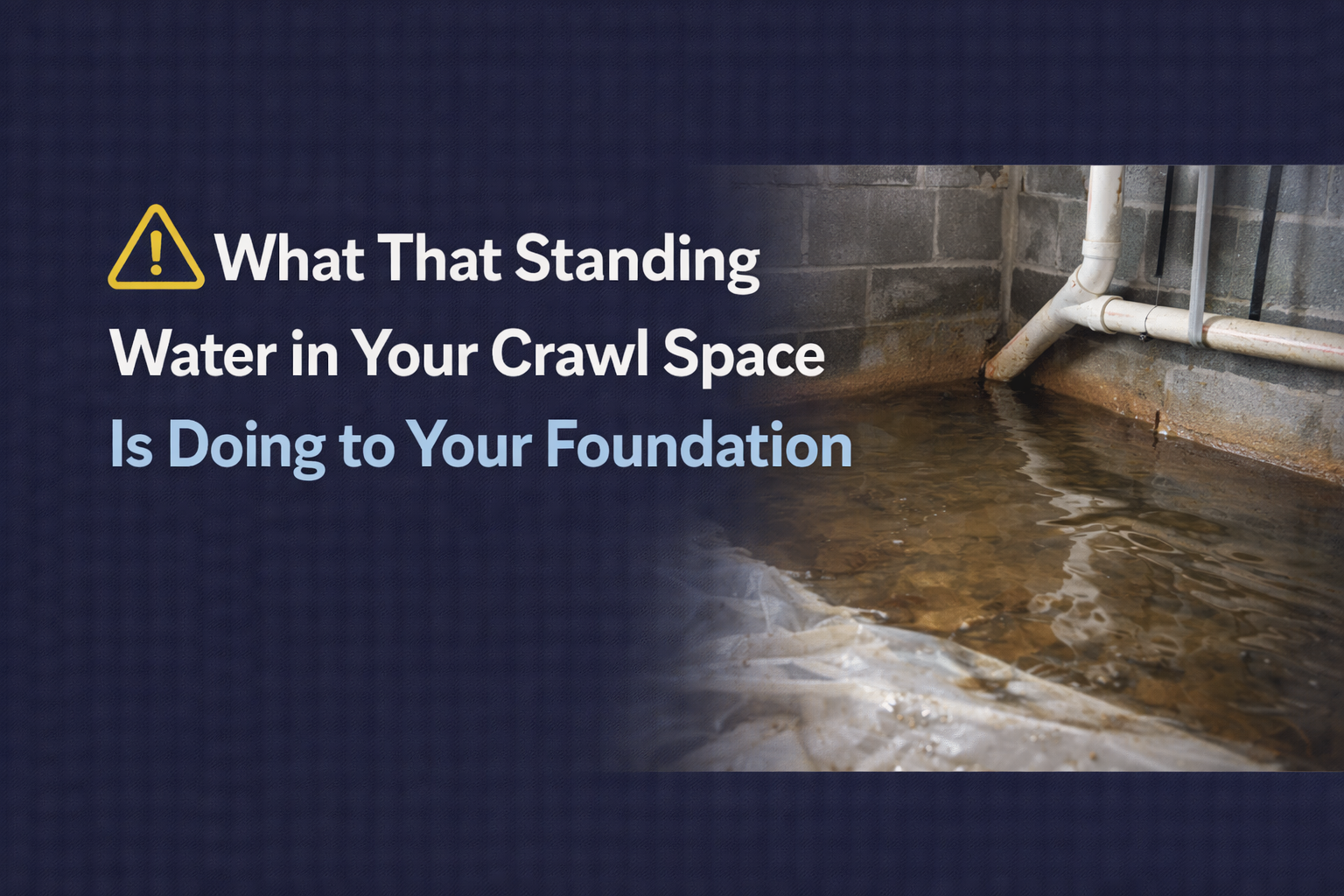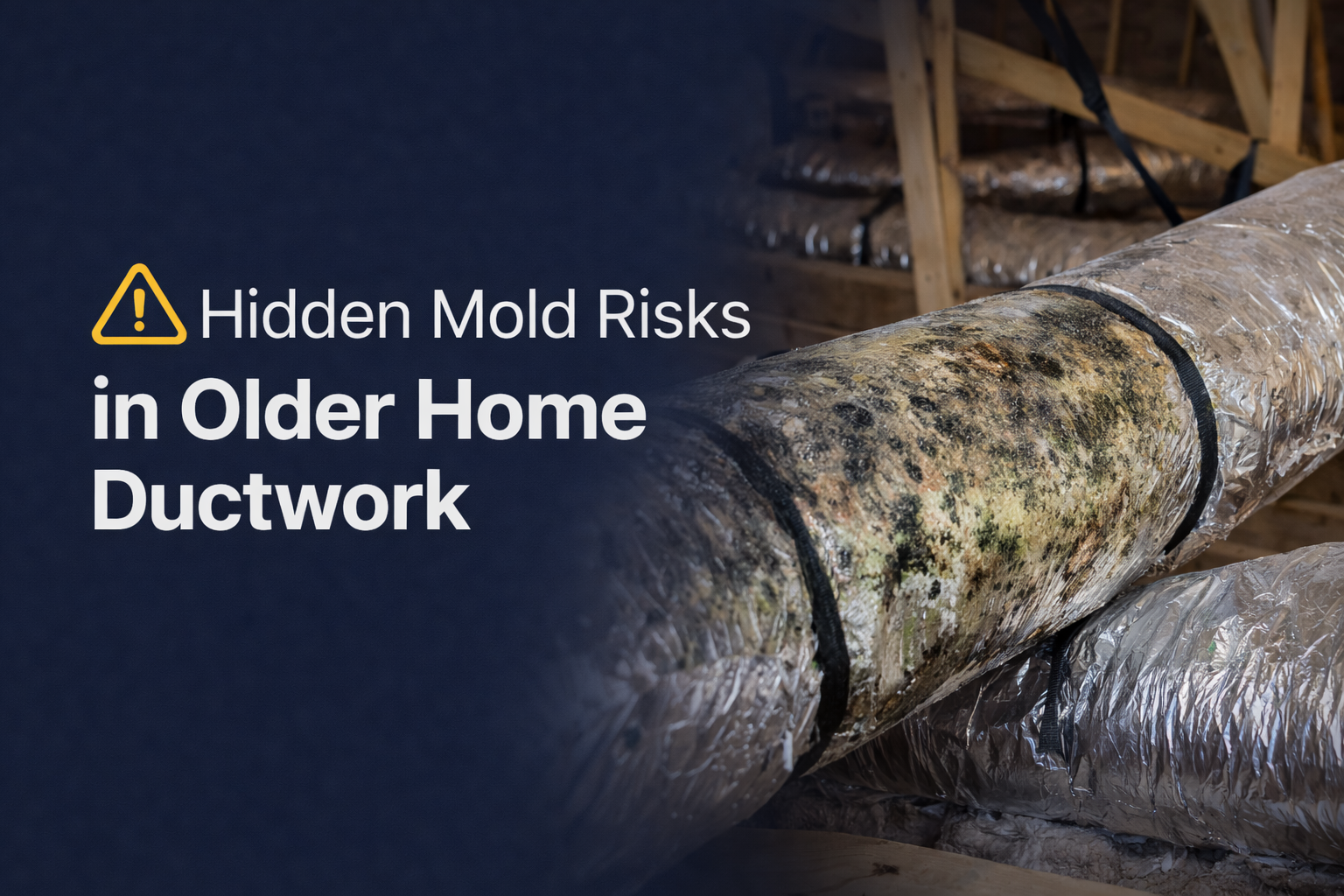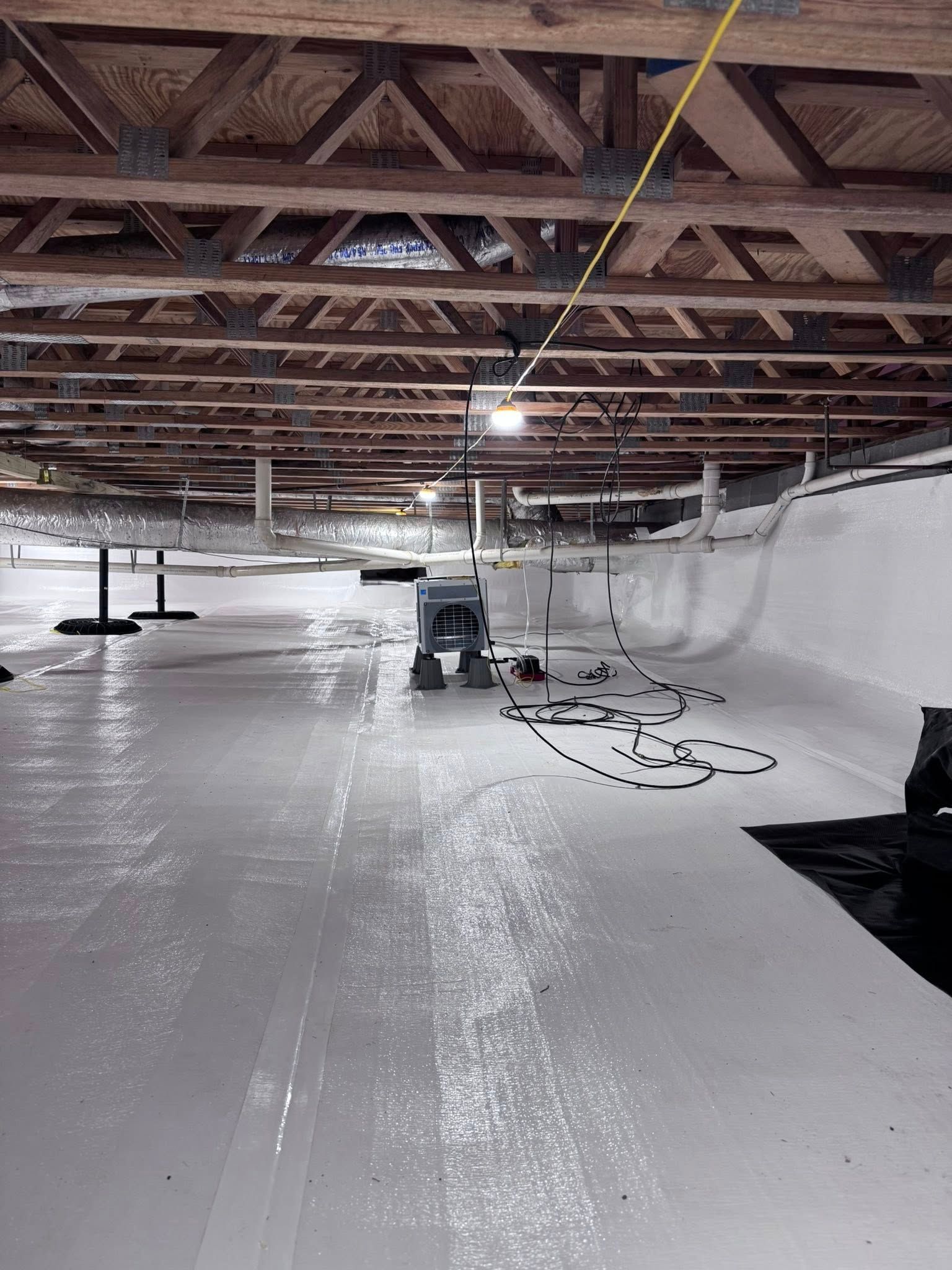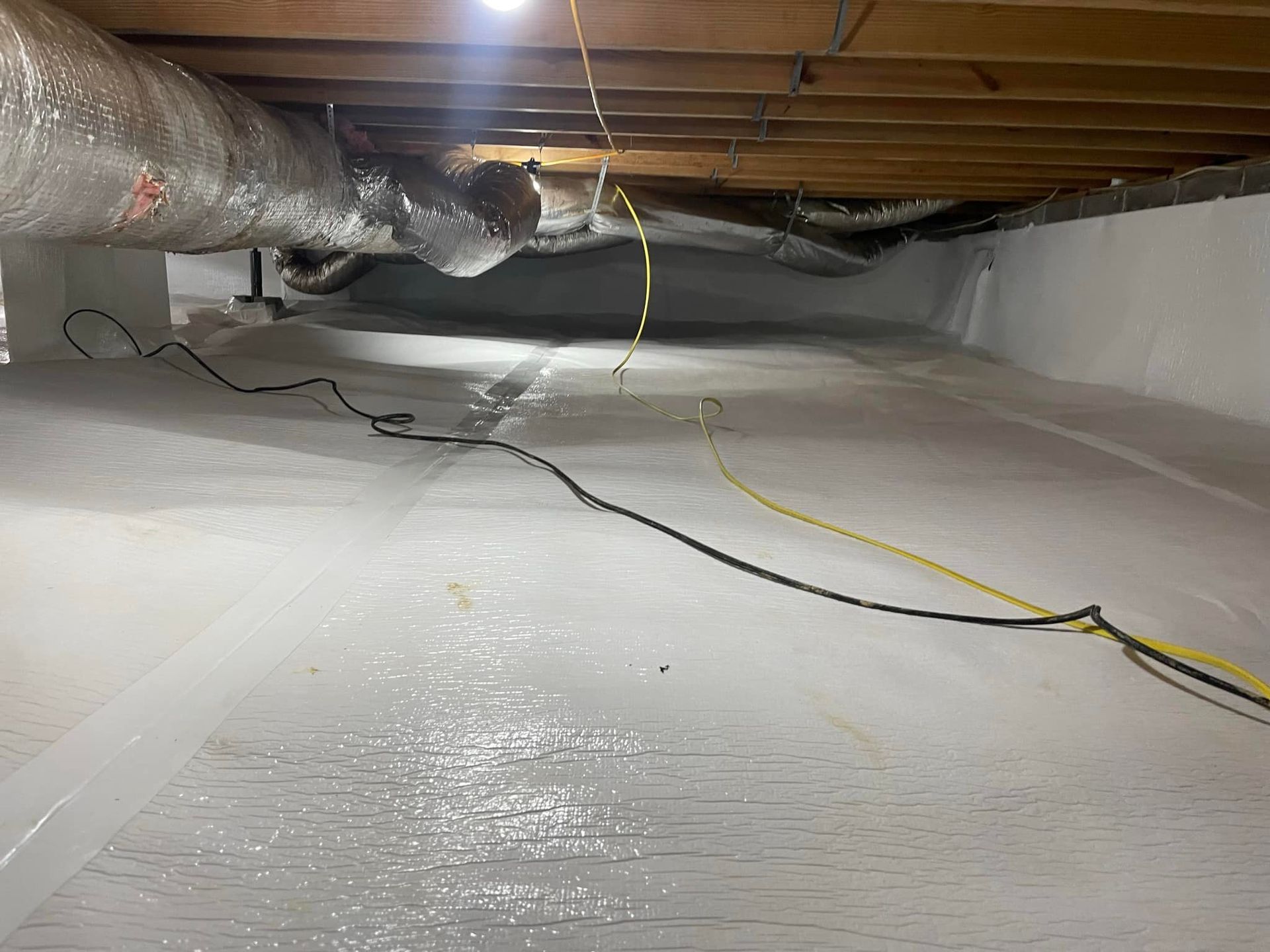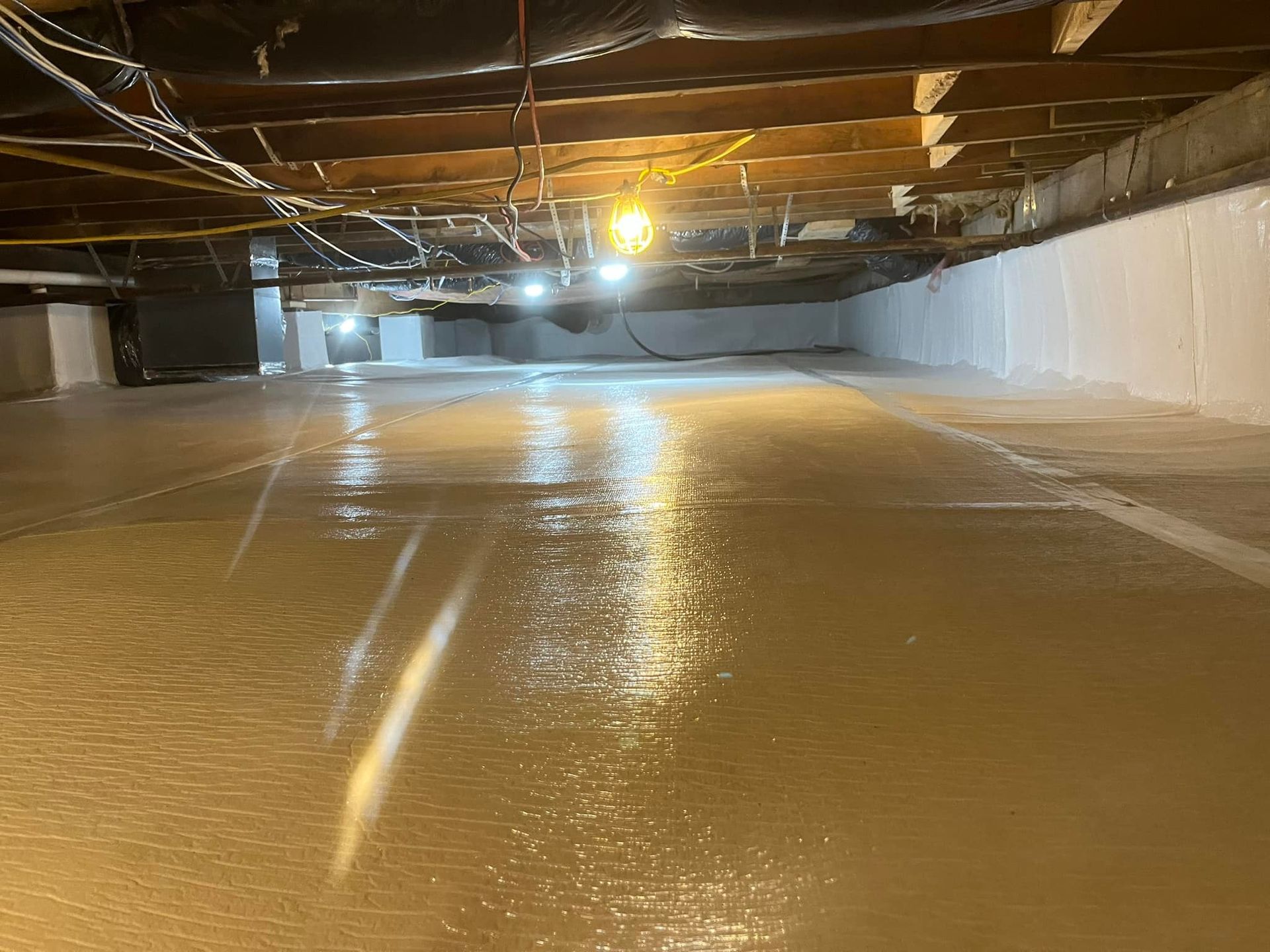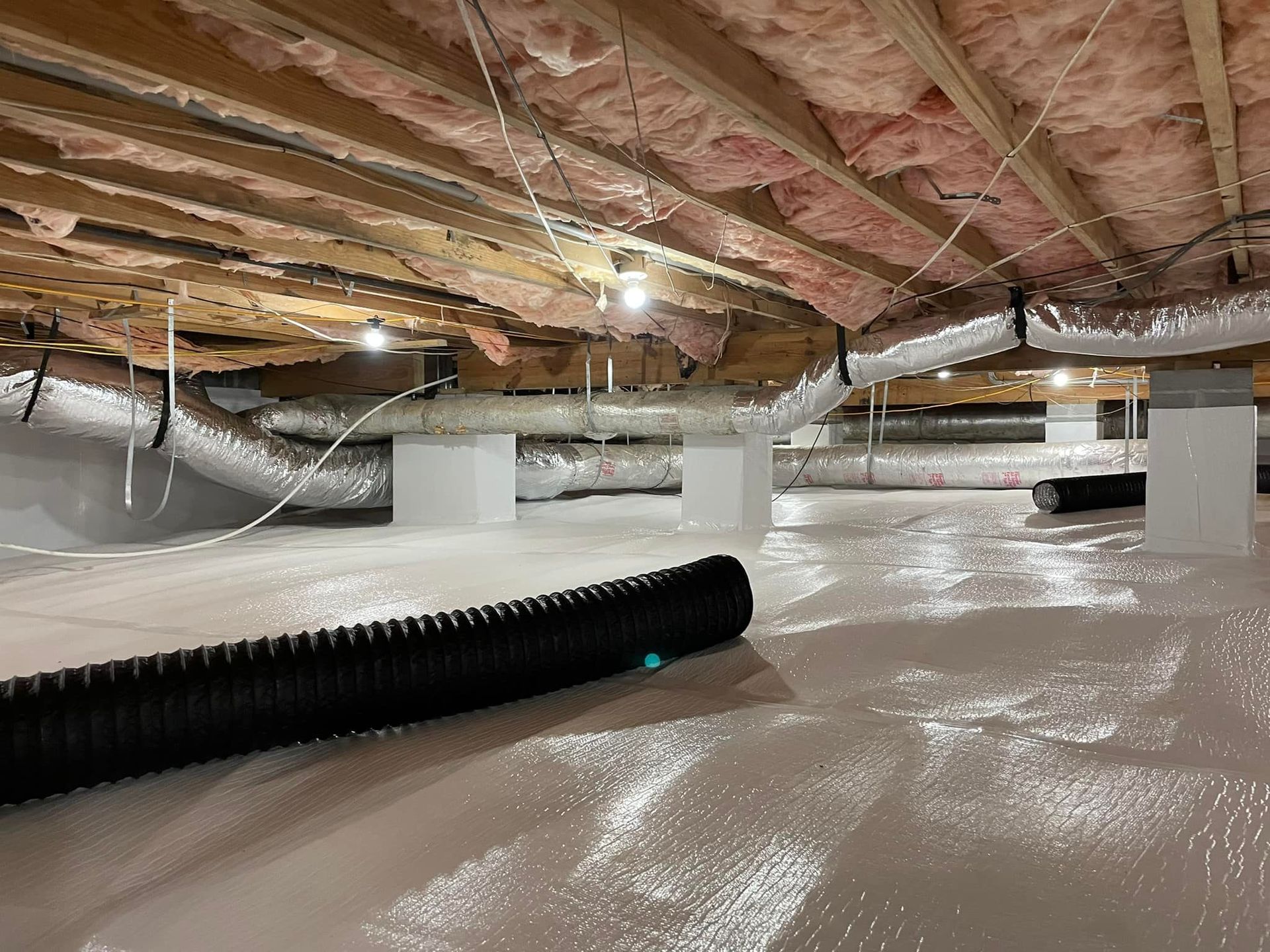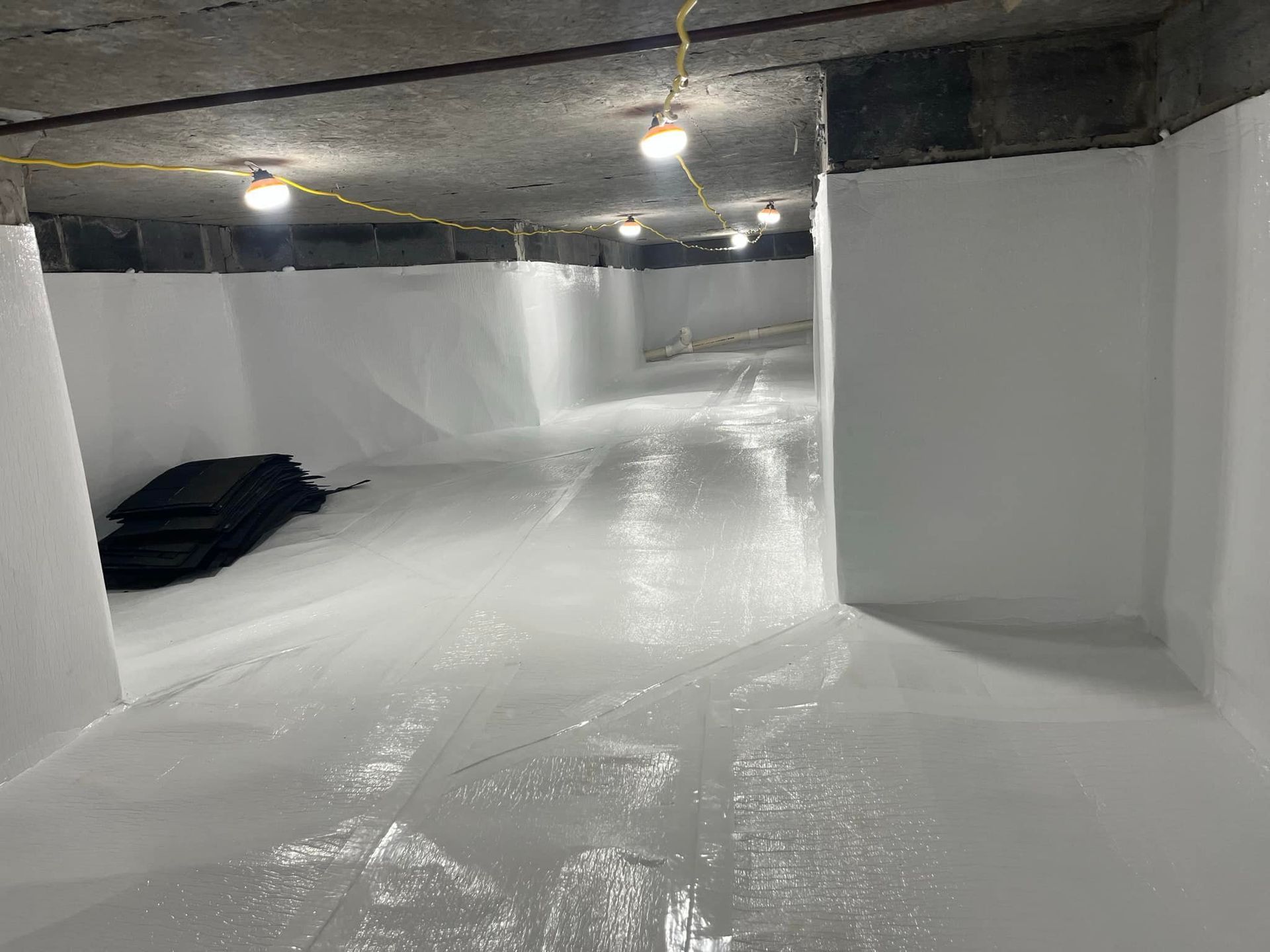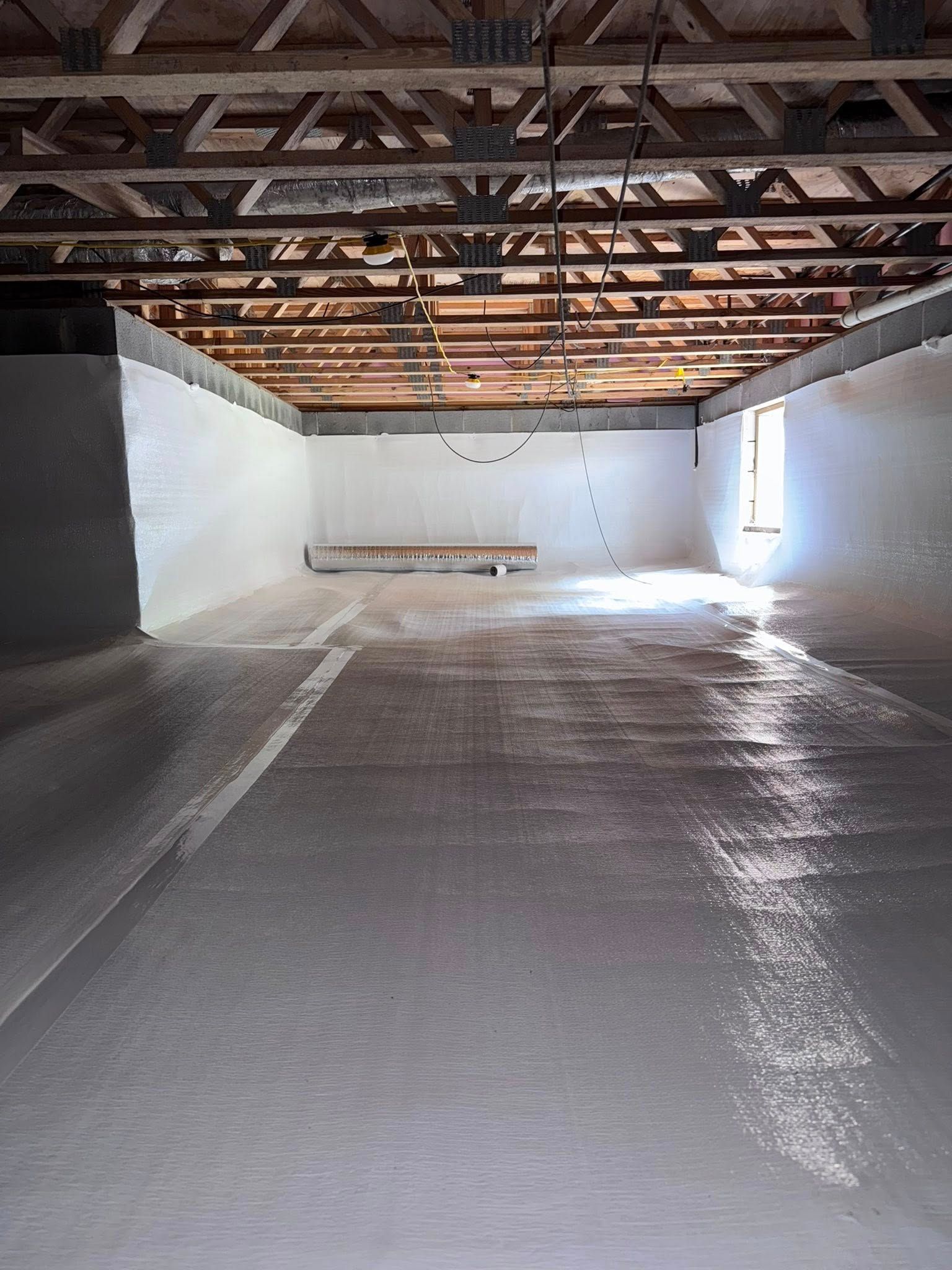The Permanent Solution to Foundation Settlement
Stop Foundation Cracks from Spreading and Protect Your Home's Value
A foundation repair expert explains how helical piers permanently stabilize settling foundations
I see a lot of foundation cracks. Some are minor settling that every house goes through.
But some are signs of real problems - the kind that get worse over time if you don't address them.
Just finished a helical pier installation on a home here in Knoxville.
The foundation had visible cracks along the wall, and you could tell it was dropping.
We'd already encapsulated their crawl space, but now we needed to make sure that foundation stayed put.
The thing about foundation settlement is this: it doesn't stop on its own.
Those cracks you're seeing today?
They're telling you the foundation is moving.
And it's going to keep moving until you give it the support it needs.
What's Really Happening Under Your House
Here's what most homeowners don't realize. When you see cracks in your foundation, that's not the problem - that's the symptom. The real problem is happening in the soil underneath your house.
Soil settles and shifts over time. Sometimes it's because of moisture changes. Sometimes it's just the weight of your house pressing down on unstable ground. Either way, when that soil moves, your foundation goes with it.
You can patch those cracks all day long. You can fill them, seal them, make them look better. But if the foundation is still settling, new cracks will form. The old ones will spread. The problem keeps getting worse because you haven't addressed what's causing it.
That's the difference between a quick fix and a real solution. Real foundation repair stops the movement. And that's exactly what helical piers do.
Why Hidden Leaks Are So Destructive
Here's what makes water leaks under your home so dangerous - they don't just cause damage, they create conditions for ongoing problems.
When water sits in your crawl space for months, it raises the humidity levels. That moisture gets absorbed by your insulation, your wooden floor joists, and everything else down there. Once you've got high moisture and organic materials like wood, fungal growth takes off.
The longer it goes unnoticed, the worse it gets. What might have been a simple cleanup in week one becomes a complete crawl space renovation by month six. And the cost difference? We're talking hundreds versus thousands of dollars.
How Helical Piers Lock Your Foundation in Place
Think of helical piers like anchors for your house. They're steel shafts with helical plates - basically large screws - that we drive deep into the ground until we hit stable soil.
Here's how it works: We dig down to expose your foundation footer. Then we hydraulically screw these piers into the ground, going deeper and deeper until we reach soil that won't shift or settle. Once they're locked into that stable layer, we attach them to your foundation.
Now the weight of your house transfers through these piers down to solid ground. Your foundation can't drop anymore because it's literally anchored to stable soil. The settling stops. The cracks stop spreading. Problem solved.
The key difference? We're not just treating the surface. We're giving your foundation the support it should have had from the beginning.
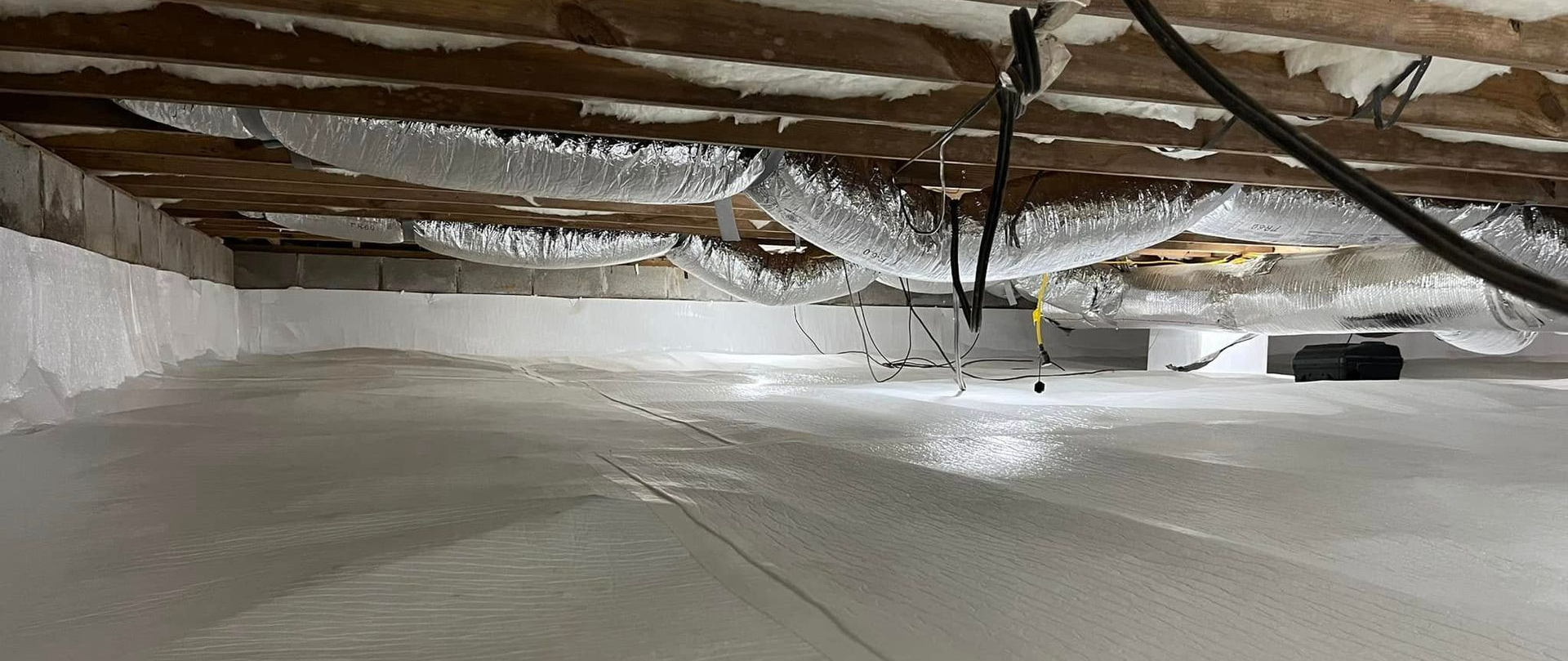
Real Foundation Repair in Action
The project we just wrapped up in Knoxville is a perfect example. This homeowner already had us encapsulate their crawl space - full vapor barrier, dehumidifier, sump pump, the works. Their crawl space was in great shape.
But the foundation had visible cracks along the exterior wall. You could see where it was settling and dropping. So we came back to install helical piers on the affected areas.
My crew dug out around the foundation to expose the footers. Then we installed the piers, driving them down to stable soil. Once they're in place and attached to the foundation, that section can't drop anymore. The existing cracks stop getting worse, and we prevent new damage from forming.
Now this homeowner has both a protected crawl space and a stable foundation. Everything working together to protect their home.
Signs Your Foundation Needs More Than Patch Work
Not every crack means you need foundation repair. But here are the signs that tell me we're dealing with real settlement issues:
Cracks that keep growing or coming back after you fix them. If you're patching the same areas repeatedly, that's your foundation telling you it's still moving.
Doors and windows that stick or won't close properly. When your foundation shifts, it throws your whole house out of level.
Floors that feel uneven or slope in certain areas. Walk around barefoot and pay attention - you'll notice spots where the floor isn't quite right.
Gaps between walls and ceilings or floors. When foundation movement pulls your house in different directions, you'll see separation at the seams.
If you're seeing these signs, it's time to call someone who can assess what's really going on underneath. The sooner you address foundation issues, the less damage your house sustains.

